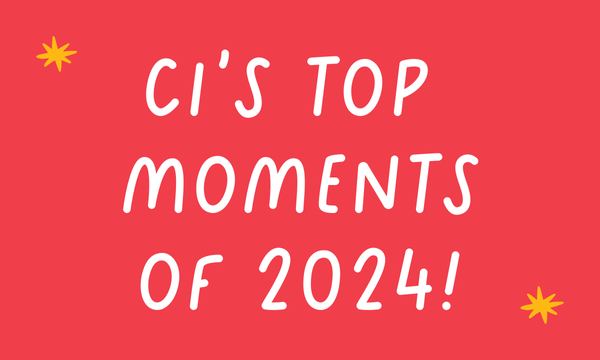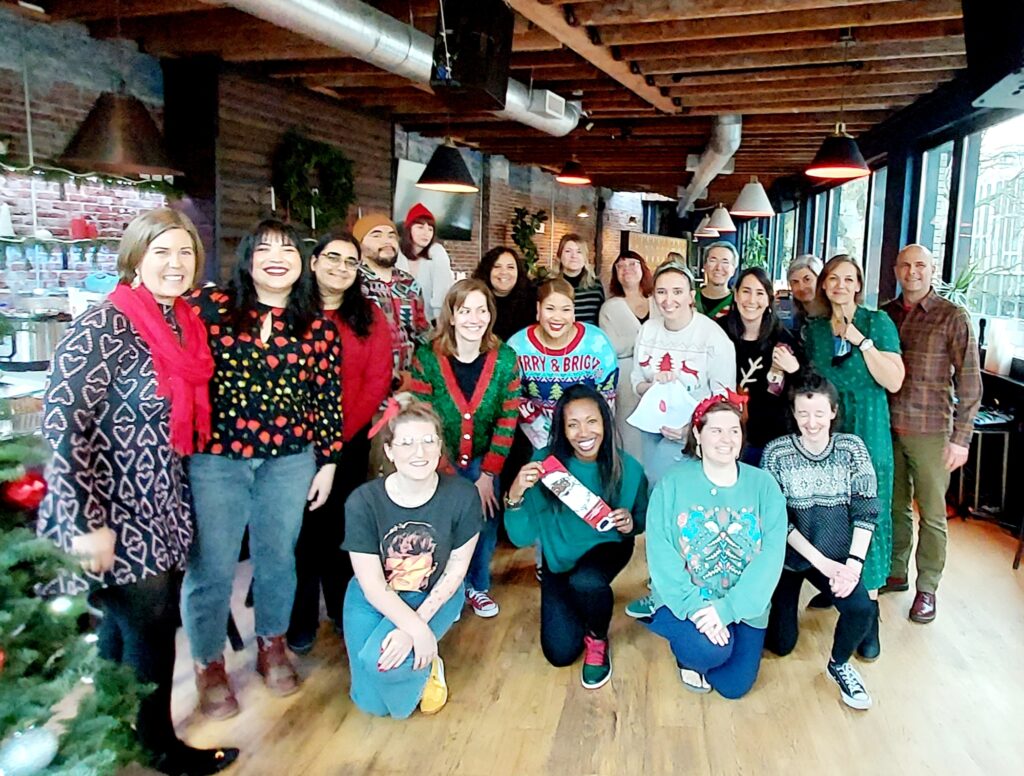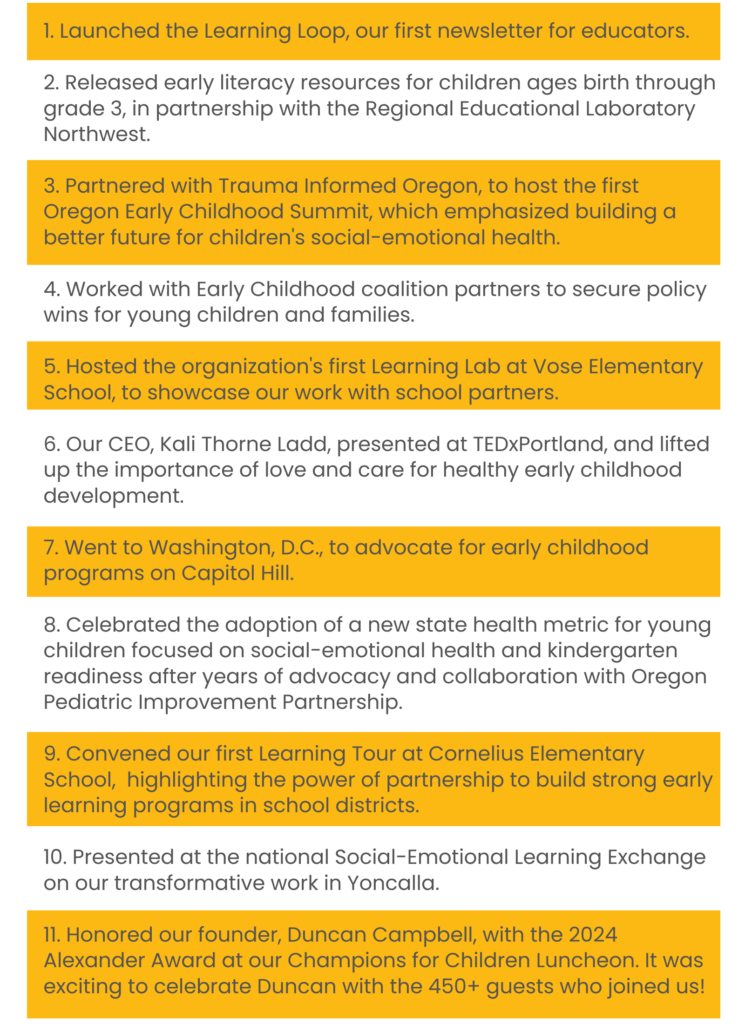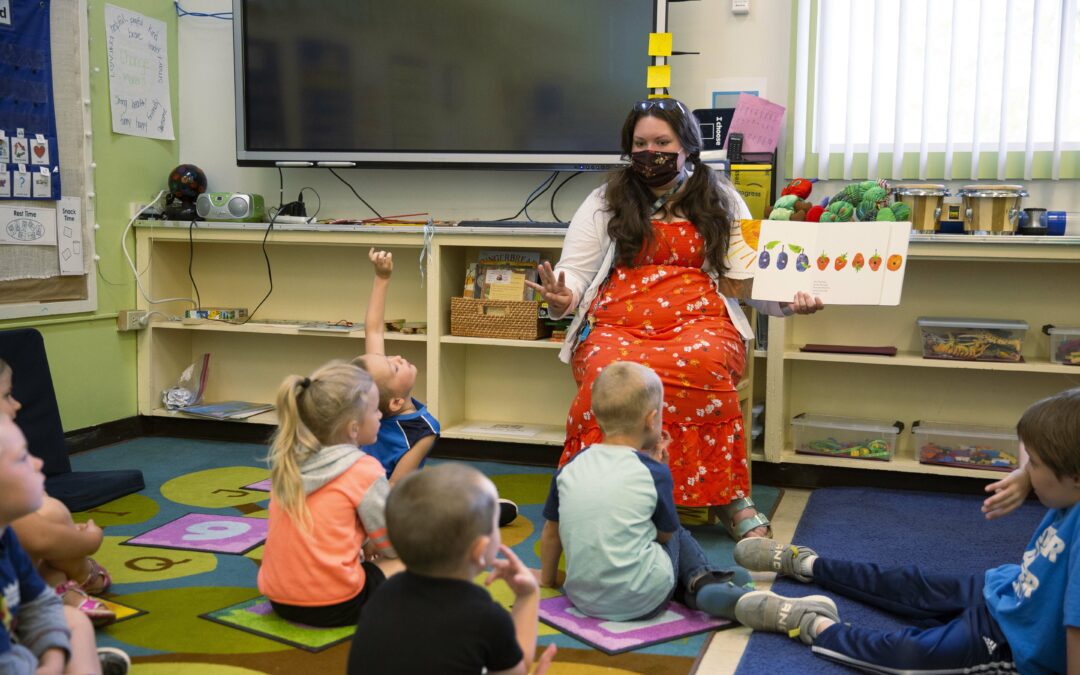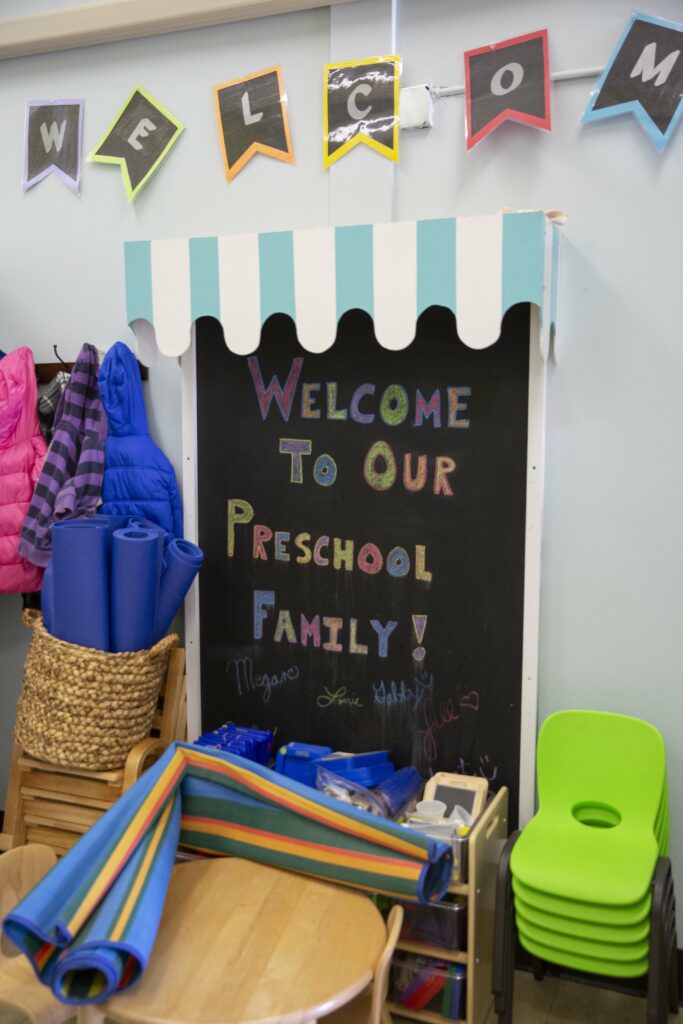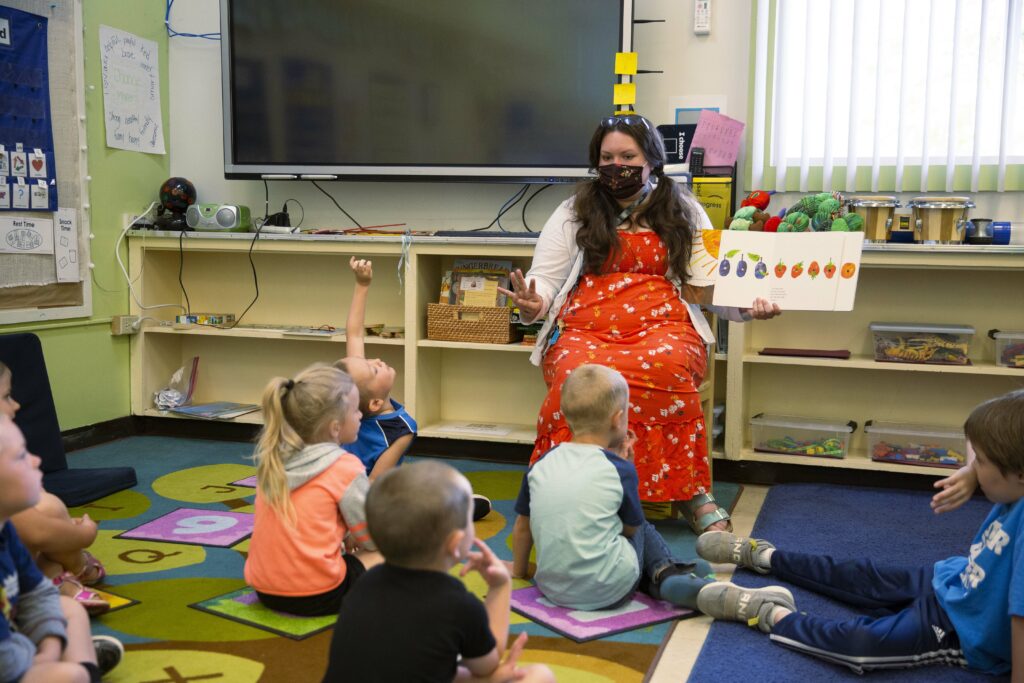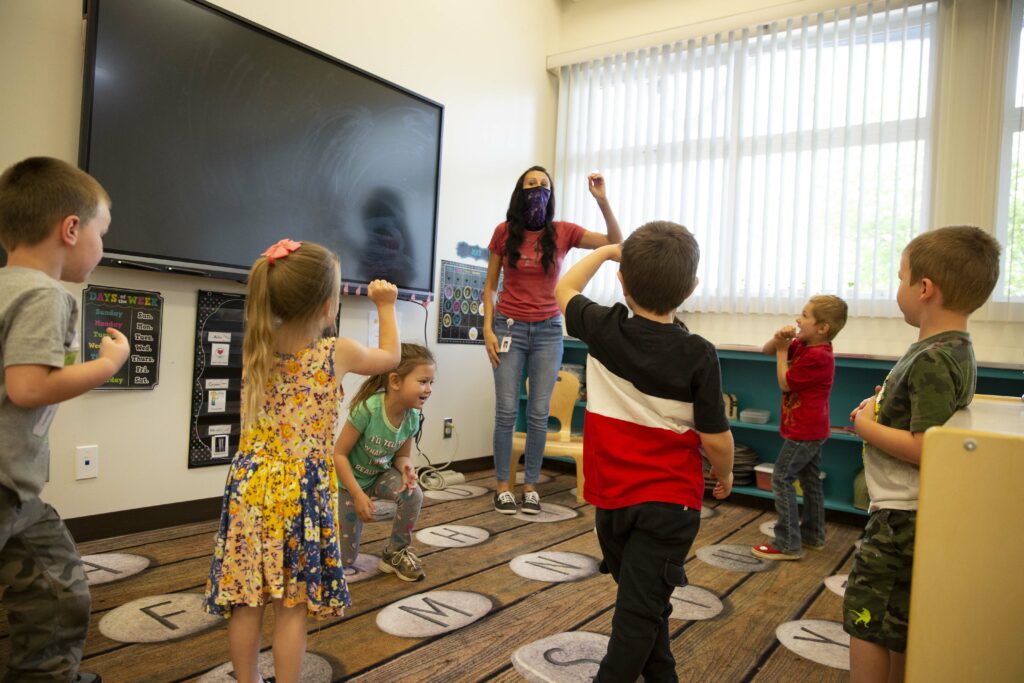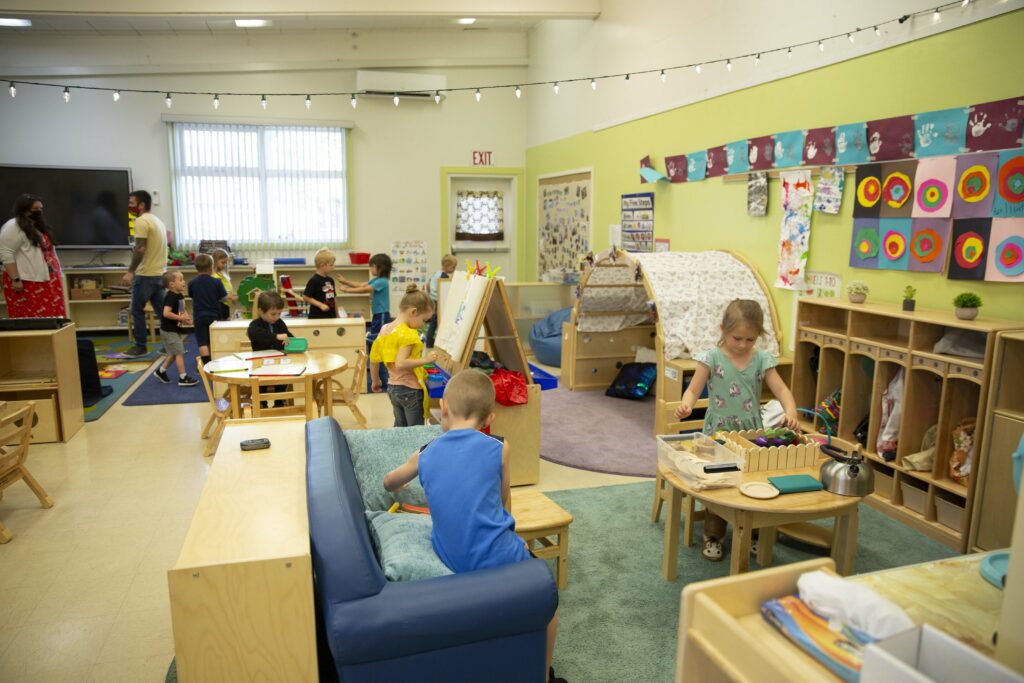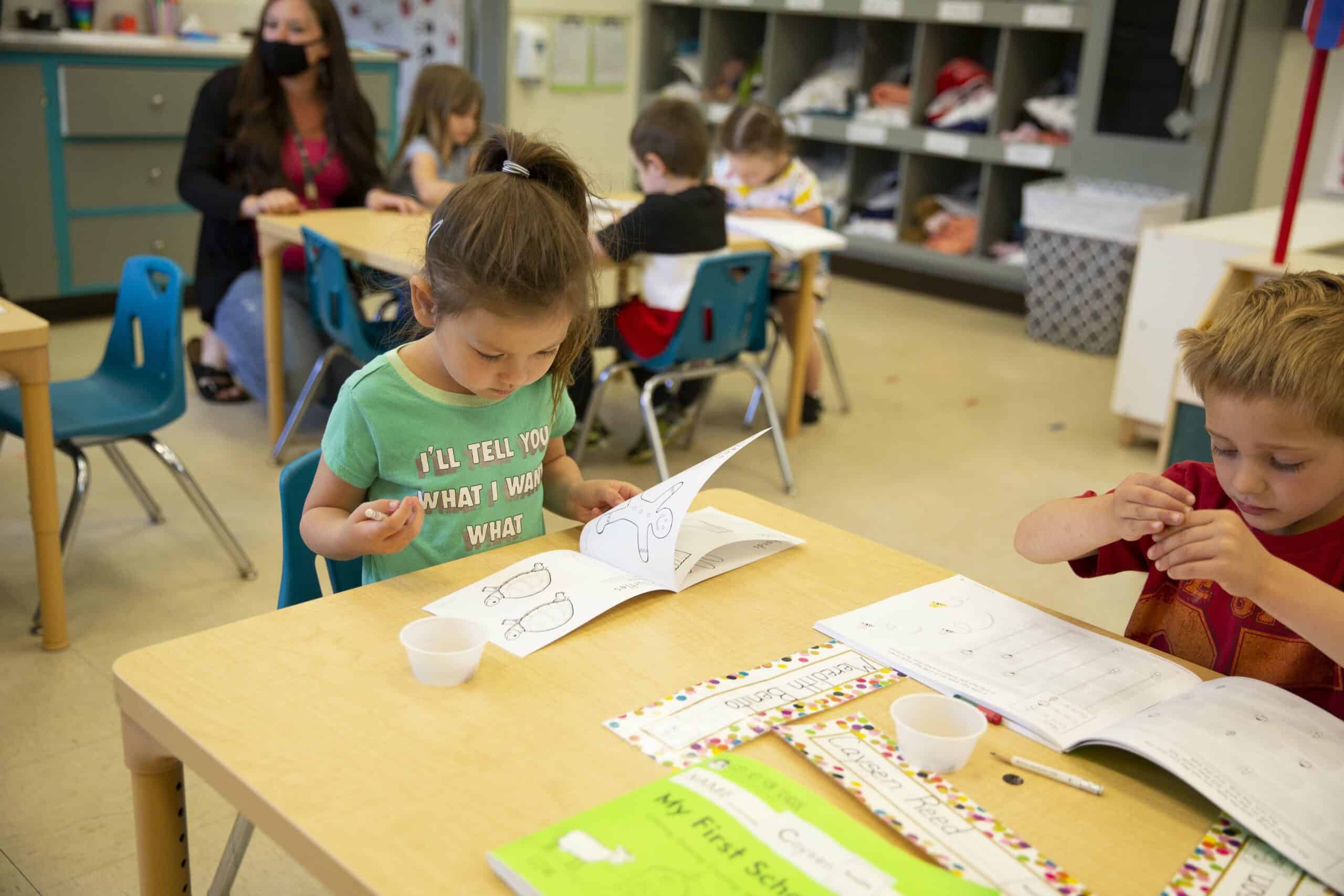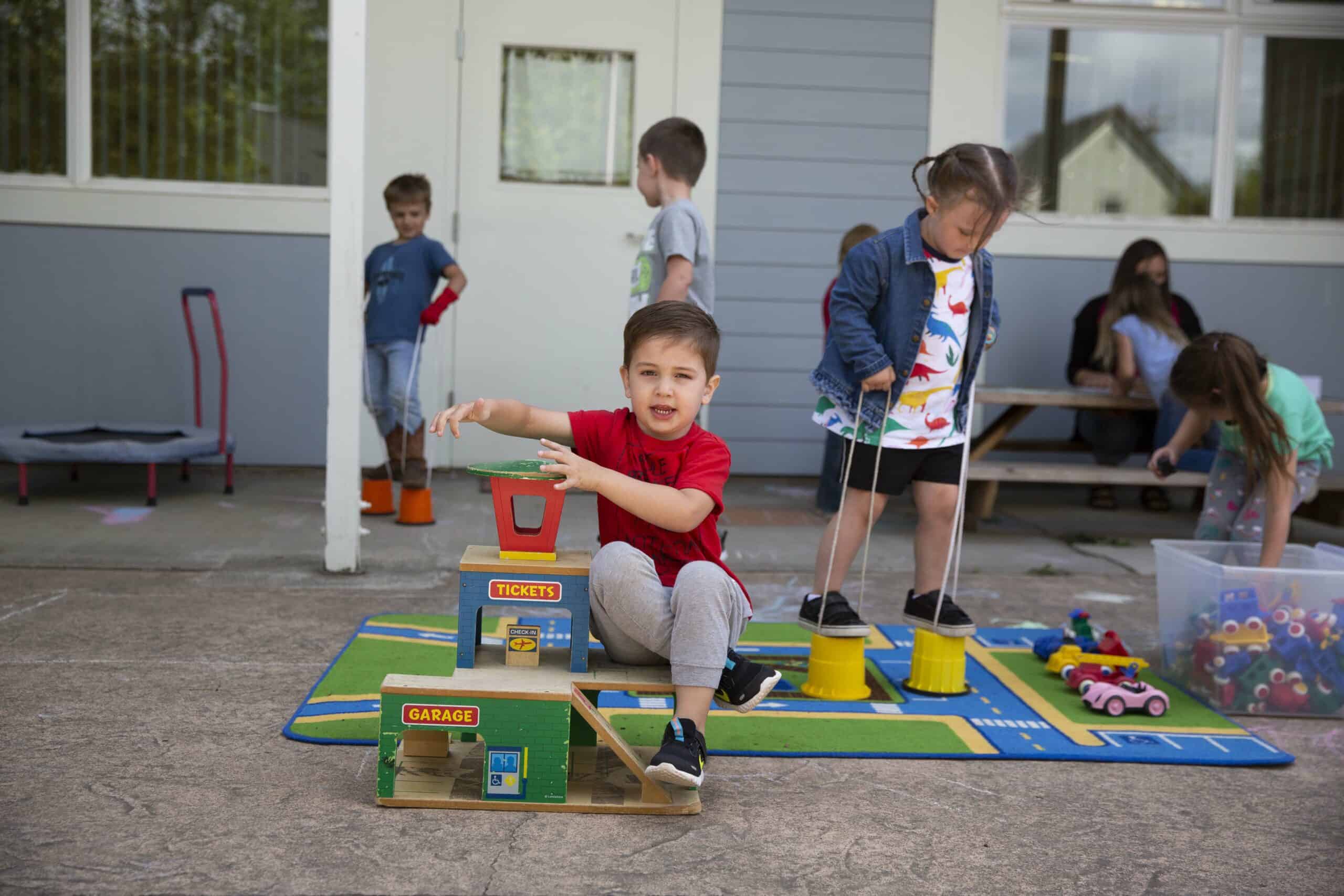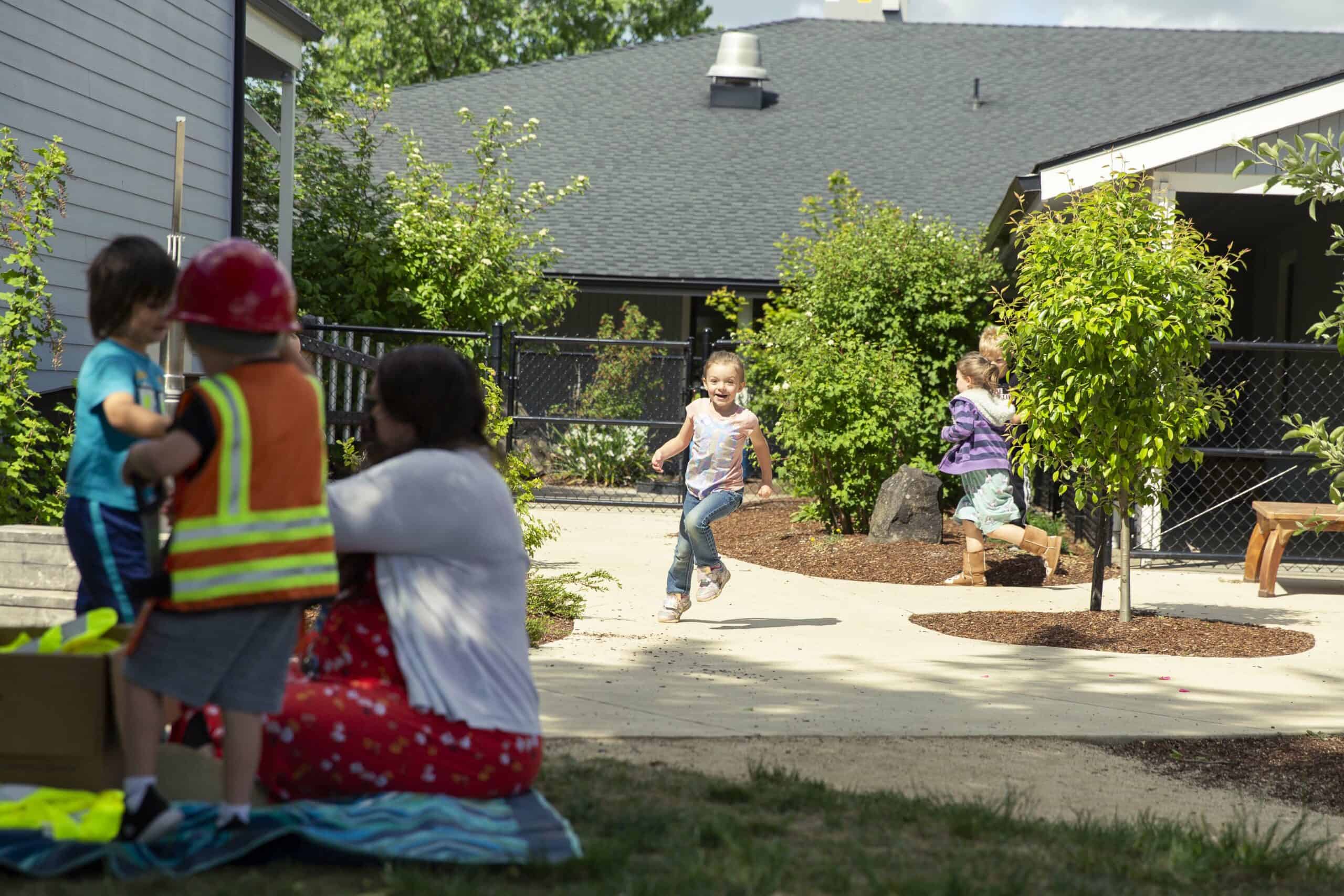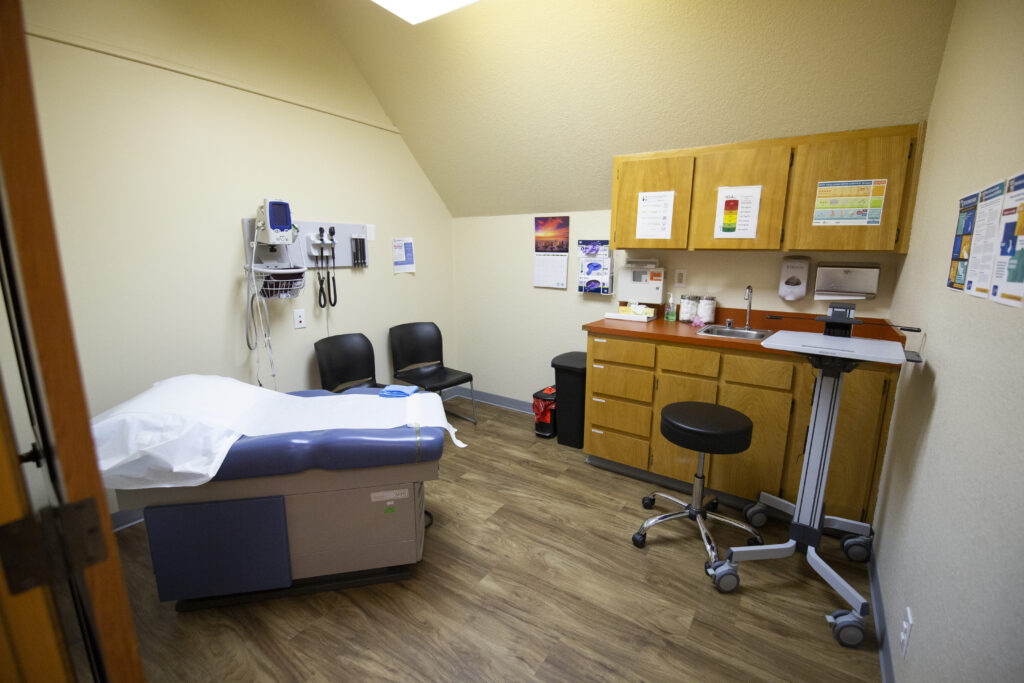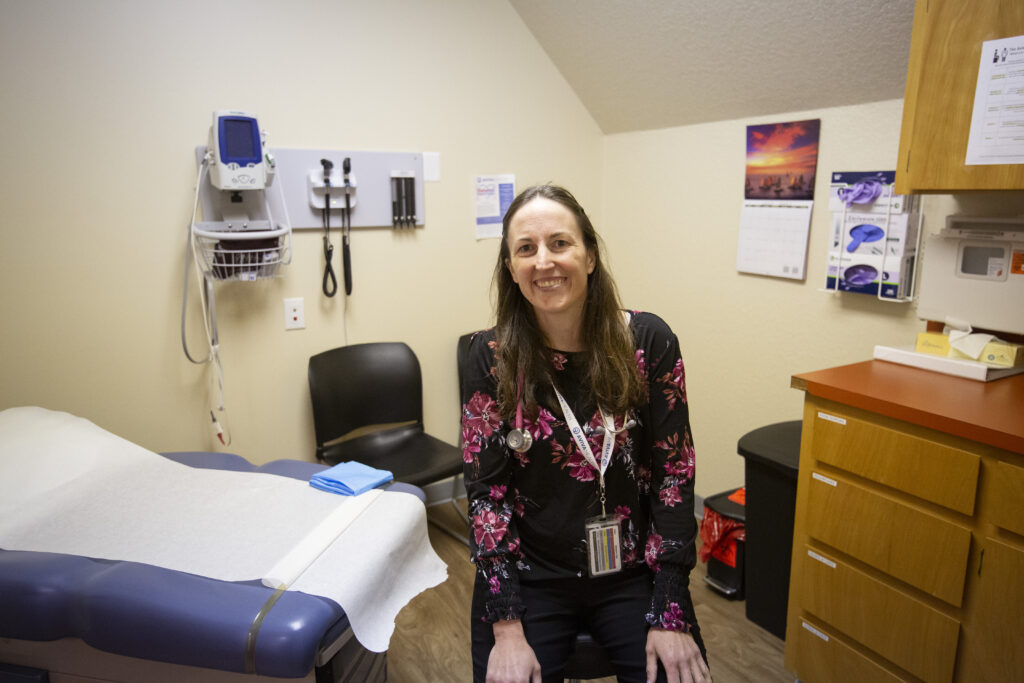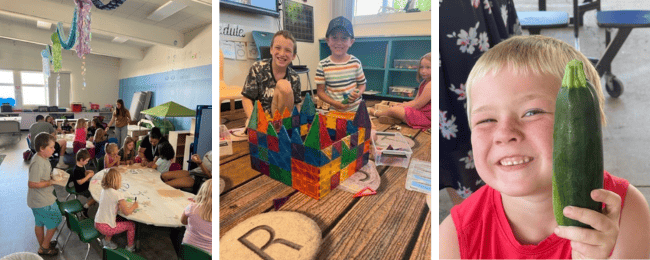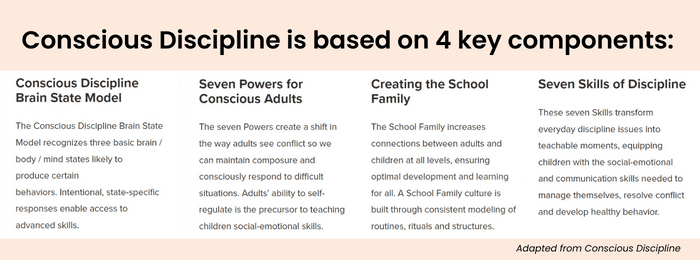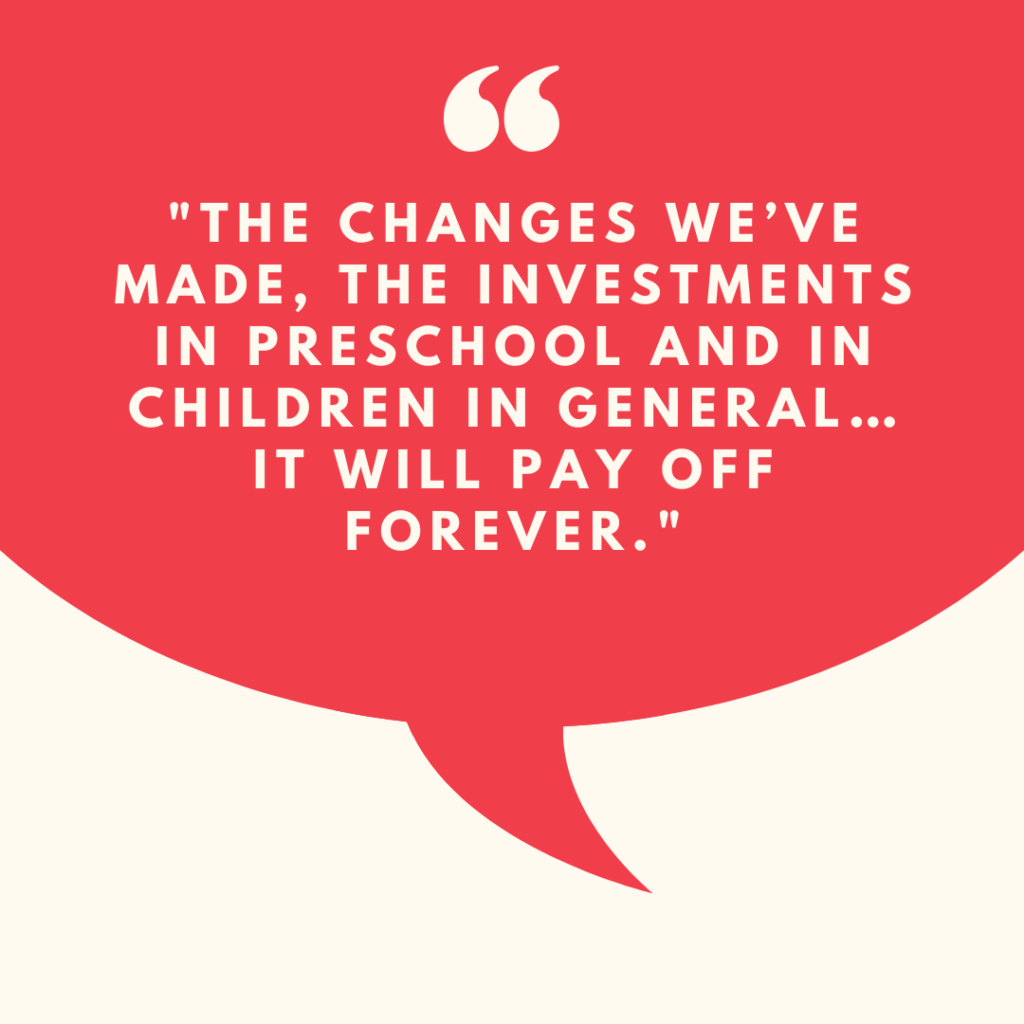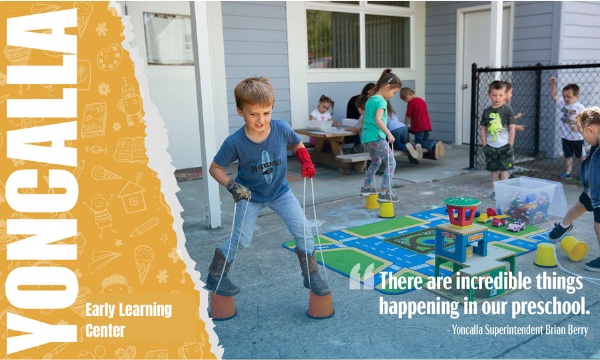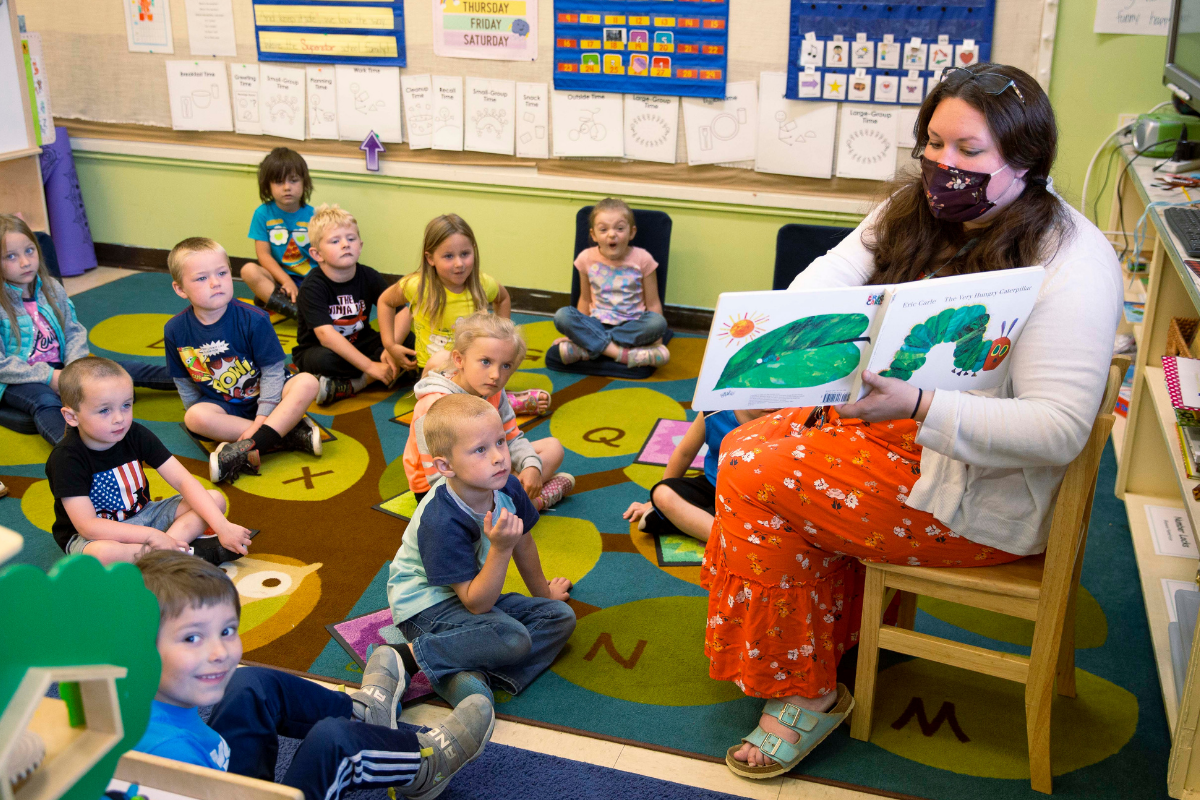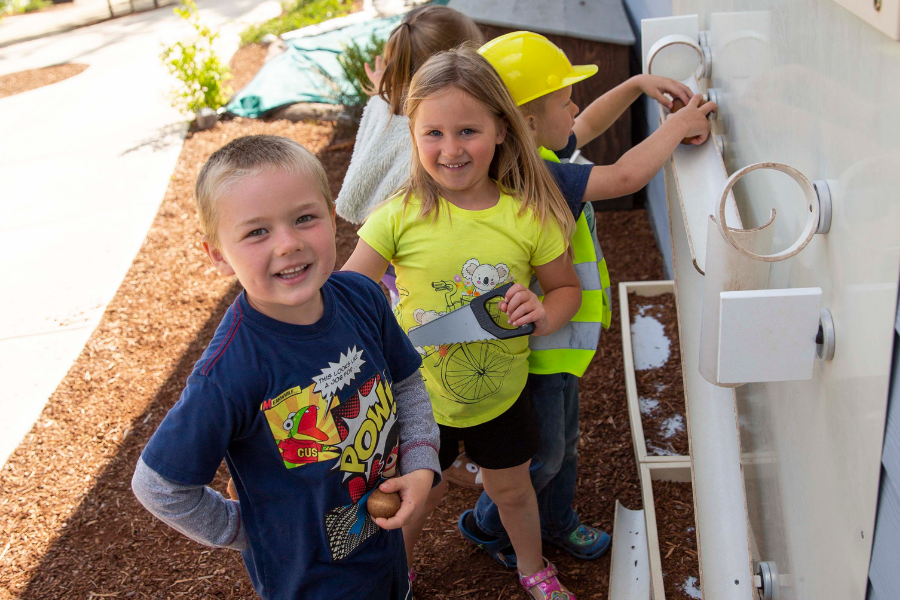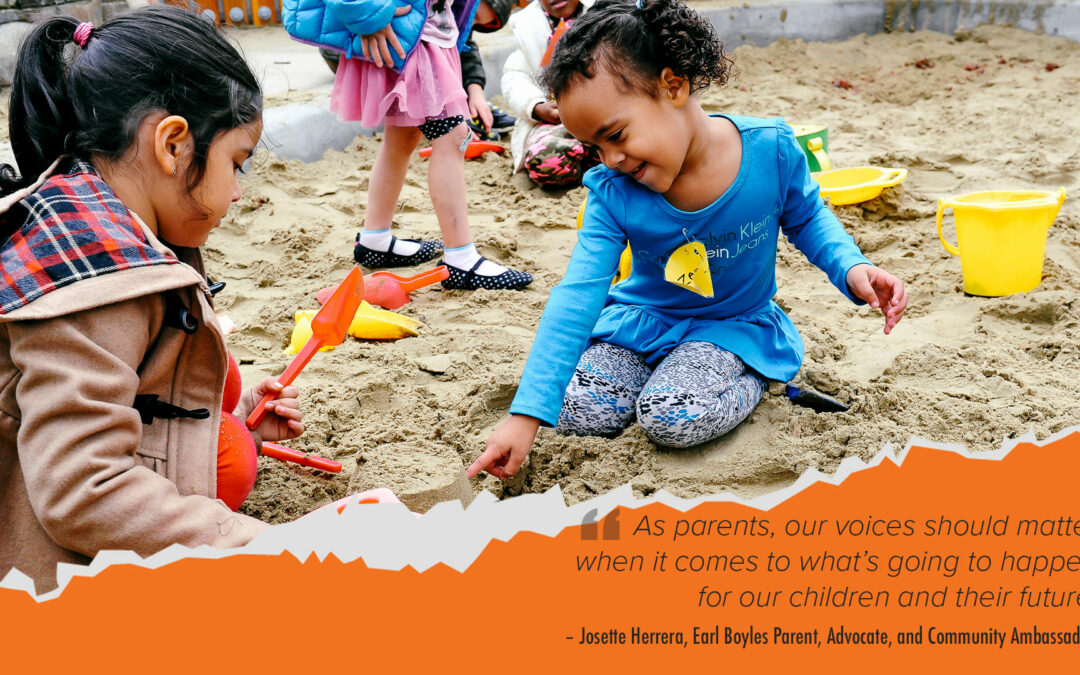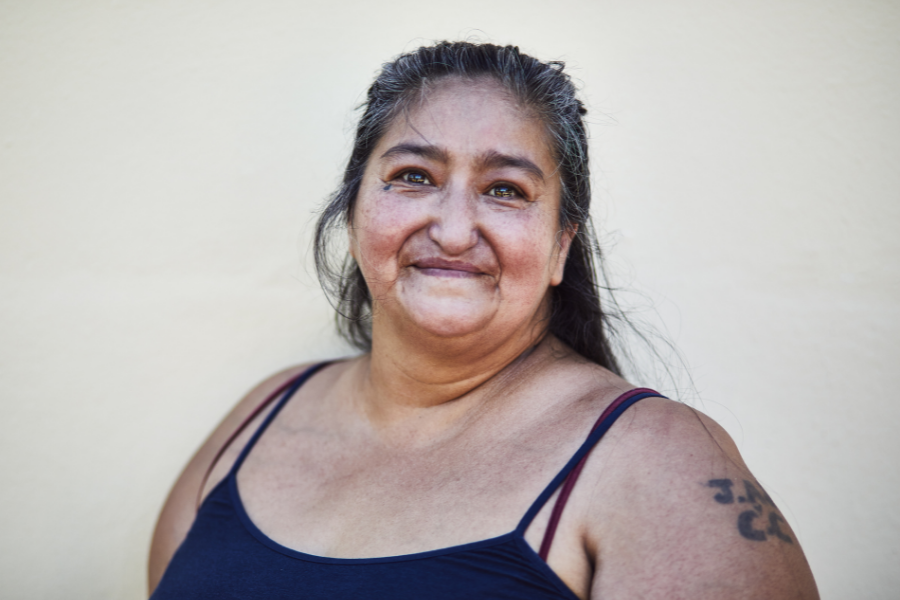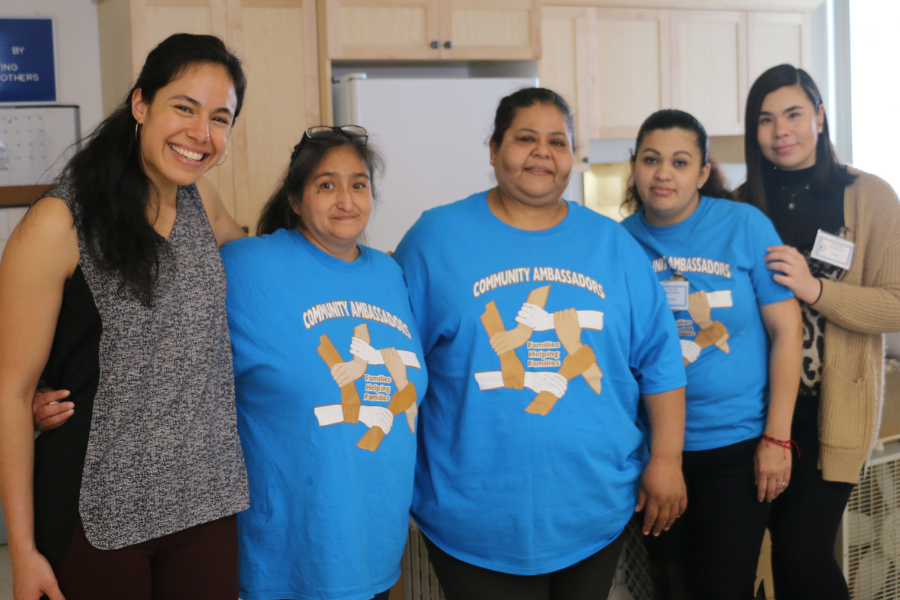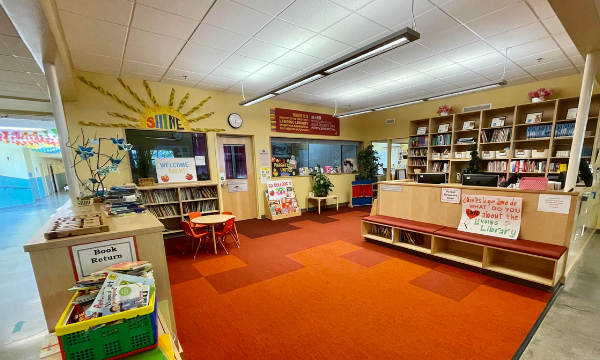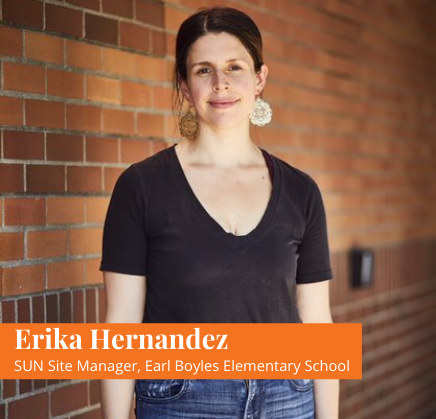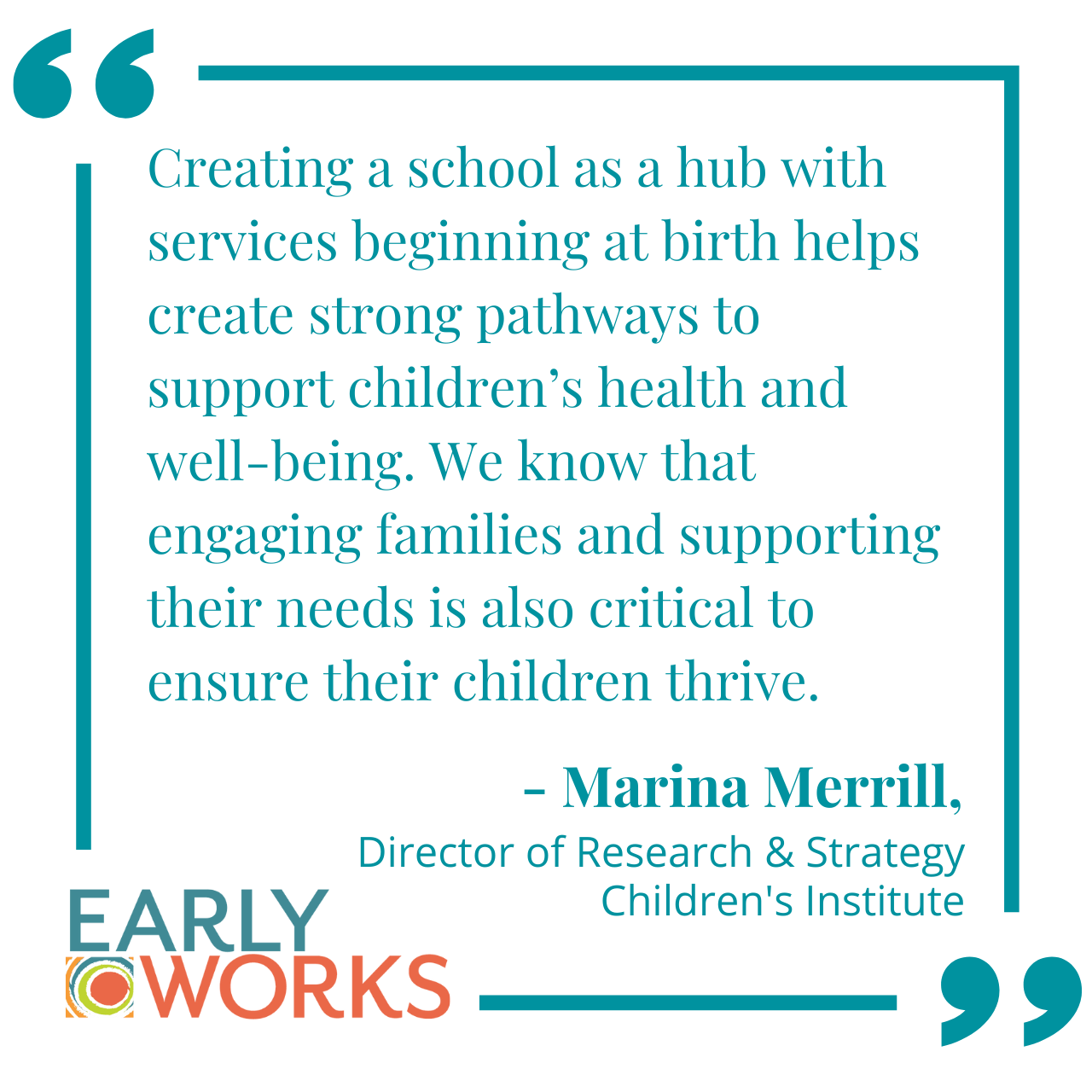Leadership and Collaboration
When Early Works launched in Yoncalla in 2013, CI, TFFF, and the team at the Yoncalla School District recognized the need to have someone embedded in the community to lead the work. CI and Ford Family staff worked with the community to complete a community needs and resources assessment, eventually hiring a site liaison in 2014 to begin the work on the ground. This initial phase was instrumental in building foundational relationships and in 2015, Erin Helgren was hired to take over this work. This position was largely built from lessons learned and shared by having a family engagement coordinator at the Earl Boyles Early Works site in Portland. As site liaison, Erin’s work focused on engaging with the community, exploring its needs and desires, connecting with partners, and beginning the work of building a preschool program.

Theory of Change Model: The Early Works theory of change shows how we envision reaching out foals for sustainable change for children and families
I was charged with walking alongside the community and ensuring diverse stakeholders had the opportunity to be heard and responded to, and to look for opportunities for forward movement,” Helgren said. “The work required someone in the community, as it was difficult to move the work forward without someone understanding the nuances and complexities unique to a rural community.”
With a background in social work, early childhood, and community building, Helgren brought a fresh perspective to Yoncalla, one that helped reimagine what early learning could look like for the district.
“My position allowed the district to mindfully create a program that was grounded simultaneously in both best practices and family voice,” Helgren said.
Early on in the initiative, it wasn’t uncommon for Helgren to encounter resistance. Some parents and educators didn’t see a need or have the desire to change. Many in the community did not support preschool implementation, preferring to focus on things like family fun nights, access to sports, and community baby showers. It wasn’t uncommon to hear, “This is how we’ve always done it.”
Brian Berry, the Yoncalla superintendent since 2017, has been working in public education since 1986. When Helgren arrived, Berry was serving as the principal of Yoncalla High School. They didn’t always see eye to eye. Their strong relationship today took time to evolve as they initially challenged each other to think from different perspectives. Their different roles allowed them to stretch each other to find the best solutions to complex problems. Berry initially viewed her as an outsider, as someone who did not understand the community and was not steeped in public education. But over time, they grew to collaborate as leaders,
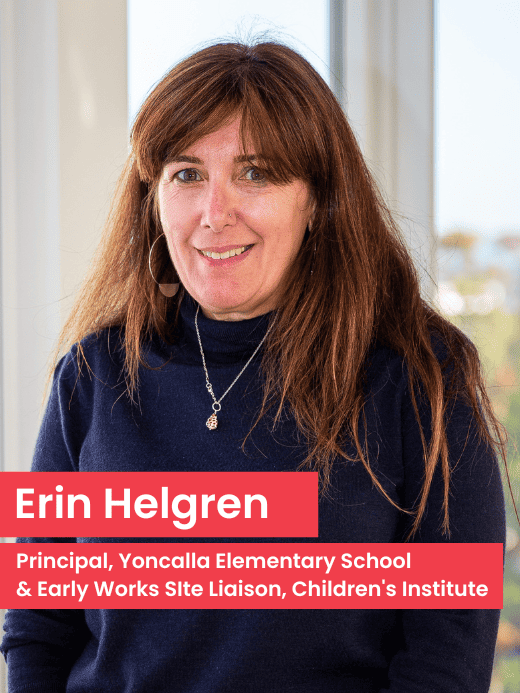 “Working with Erin has been a privilege,” Berry said. “Because I’ve been in public education for so long, I tend to have an inside the box mentality. Erin comes to education from a totally different outside of the box perspective. I believe because of this, we work well together and keep each other on our toes when blending public education into the Early Works model.”
“Working with Erin has been a privilege,” Berry said. “Because I’ve been in public education for so long, I tend to have an inside the box mentality. Erin comes to education from a totally different outside of the box perspective. I believe because of this, we work well together and keep each other on our toes when blending public education into the Early Works model.”
Both kept children at the center of decision making. Both upheld a vision for creating a school community grounded in the belief that every child can succeed, every family deserves respect, teachers are regarded for their professional expertise, and that every person in the community matters and is needed in order for everyone to achieve the greatest success.
Today, that community includes a network of parents, families, teachers, and local leaders who are deeply invested in Yoncalla’s children, early learning, public health, families, and community resilience.
Between 2013 and 2015, the expansion of preschool involved many conversations with parents and families. “It was driven by guidelines outlining the required service hours needed for stronger social-emotional and academic skills related to later school success,” Helgren said.
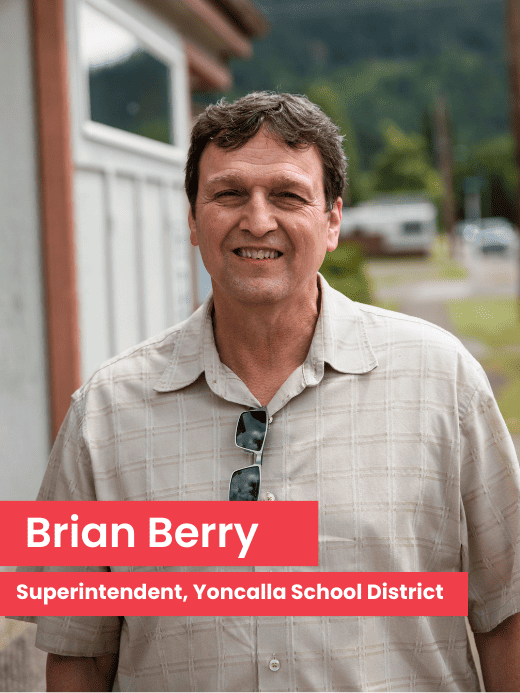 But the work was not without its challenges. Helgren had hard conversations and sometimes had to make decisions that didn’t make her popular. But she also found allies in the community and in the school who were committed to the mission, and those were the people who helped bring this vision of early childhood to life.
But the work was not without its challenges. Helgren had hard conversations and sometimes had to make decisions that didn’t make her popular. But she also found allies in the community and in the school who were committed to the mission, and those were the people who helped bring this vision of early childhood to life.
From Berry’s perspective, one of the greatest challenges was stepping away from the traditional approach to education. “We built a model that actually serves and listens to the community,” he said. “Education programs do not teach you how to actually listen to the community that you work for.”
The preschool also had to be fully integrated into the operations of the elementary school. “We had to make sure we had communication between the preschool and the elementary school teachers. Preschool and elementary teachers are now on the same pay scale. Preschool teachers are part of our building and district meetings and the preschool director is part of our monthly administration meetings. We also have a student of the month award for the preschool!”
This type of model is significant to note as it’s not the norm for other districts implementing preschool. CI and TFFF work with districts that, despite getting Preschool Promise dollars, are not close to achieving pay equity. Preschool teachers are not embedded into the schools and are rarely included as directors or in administrative school district decision-making. It is not uncommon even for principals to have a cloudy idea of their role in preschool implementation. This unique collaboration between the preschool and the district, has been a powerful tool in the initiative’s transformation and one which will facilitate sustainable continued growth for years to come.
Berry and Helgren haven’t been afraid to push each other to find the best solution for tough problems. One day they might be brainstorming ways to get buses for kids to access after school activities across town. Another day they are making plans for the next community event that will draw hundreds of people from the area.
Today, Helgren’s role has evolved from site liaison to principal at the elementary school. For Berry, he sees a tremendous change in the district since early learning became a Yoncalla staple.
“Students come into kindergarten with better school readiness skills. Teachers are more prepared to meet the diverse needs of the community and their families. That was not happening before,” Berry said. “And I want to make sure that what we’re doing in the elementary grades stays with kids all the way through middle and high school.
